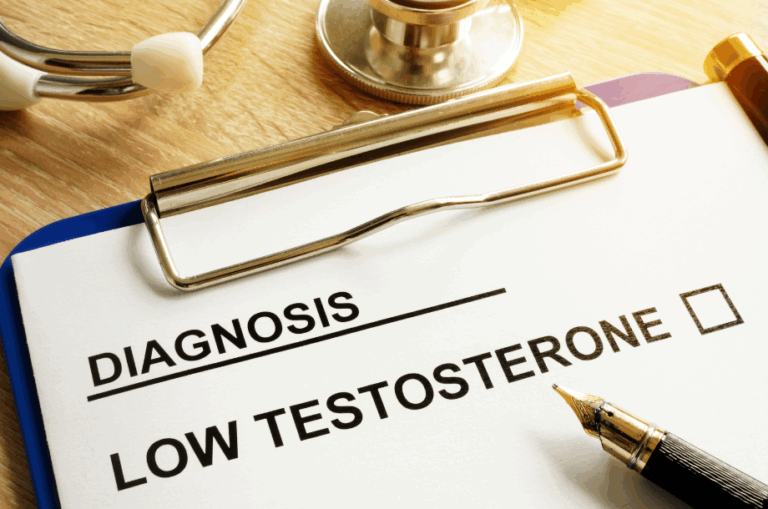A study published in JAMA Network Open looked at survey answers from approximately 1,500 American adults (aged 30 to 59) and found that alcohol consumption has significantly increased during the pandemic. Compared to a year ago, adult men are consuming 14% more alcohol and women, 17% more. The study also showed that heavy drinking in women, categorized as 4 or more drinks within a 2-hour period or less, has increased 41%.
In April of this year, the World Health Organization released a statement warning that alcohol intake can increase a person’s risk of contracting COVID and experiencing complications, as it weakens the immune system.
If you’re struggling with alcohol during the pandemic, or otherwise, we’d like to extend an invaluable expert and resource on alcohol use: Annie Grace, author of This Naked Mind and The Alcohol Experiment. Here she offers some great tips on Sober October and beyond:
Sober October. Like Dry January and Dry July, it’s a time when people everywhere try to take the month off from drinking alcohol. Why? Perhaps they had a boozy summer and it’s time for a reset. Maybe they want to lose a few pounds. It could be they want to stop drinking permanently and the ceremony of an official challenge feels like as good a time as any.
Regardless of their reasons for taking a 30-day break from alcohol, most people want the experience to be easy, breezy, and pain-free. Many will take a white-knuckle approach, gripping onto the steering wheel for dear life and swerving around happy hours like obstacle course cones. Others will stock their refrigerators with non-alcoholic beverages. Some will join online alcohol-free communities for support and encouragement.
There isn’t one correct, foolproof way to do an alcohol-free month. What’s key is how you think about it when you start your journey. That’s what will dictate how it’s going to go for you.
So, first, ask yourself why. Why is it you are participating in this no booze challenge? Is it a punishment? Is it because you want to prove to yourself you don’t have a problem with alcohol so you can drink as much as you want starting November 1? That’s how it used to be for me.
I would take breaks from drinking just so I could tell myself I wasn’t addicted. If I could last a few days or a week or even a month, I would declare, “Haha! No problem here,” before I doubled down at the bar with my colleagues. After every break I took, I came back drinking more than I had before. Making up for lost time, I suppose.
When I wasn’t trying to take a break, I would set rules to prevent myself from overindulging. But, after the first few sips, I would begin renegotiating with myself, justifying a bend or total snap in the rules so I could drink more.
The people who learn the most when they take a 30-day break from alcohol are those who walk into the experience with a total sense of curiosity. It’s those who dig deep and examine their expectations about alcohol and the role it plays in their lives.
What you expect, you get. So, if you walk into your first sober happy hour (or Zoom happy hour these days) having decided you will be miserable because you’re not drinking, then guess what? You will absolutely be miserable.
However, if you can walk into a situation where you would normally drink and instead you replace your expectations with curiosity – you tell yourself, “Maybe this will be awful, maybe it will be great” – and simply allow yourself to be present and experience the moment, you will learn a lot more. Perhaps you discover you really do miss alcohol. Maybe you find out you’re much happier without it. Removing your expectations means you collect raw data. That’s the truth you can use to ask yourself more questions and shape your decisions for the future.
There’s a reason the sober trend is catching on. And, it’s not because misery loves company. People are lauding sobriety because they’re finding it amazing. They’re discovering their lives are infinitely better without alcohol.
Could your life be incredible without alcohol? What if the thing you’ve been looking for inside a bottle is actually sitting right outside it, as much within your reach as the bottle itself? What are you looking for? For me, it was peace, happiness, intimacy, creativity, belly laughs and the desire to make others smile, better relationships. All those things went from grey to technicolor when I stopped drinking.








